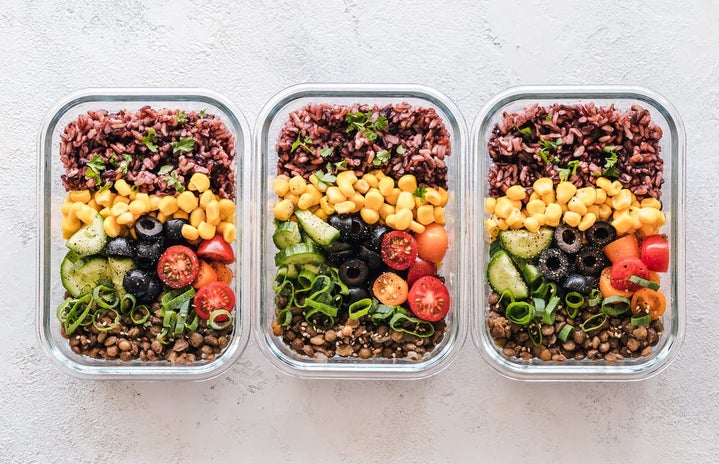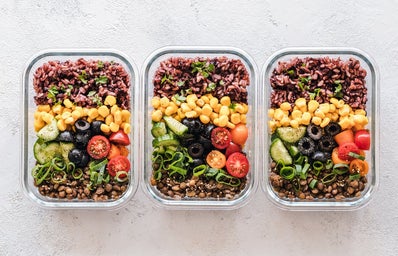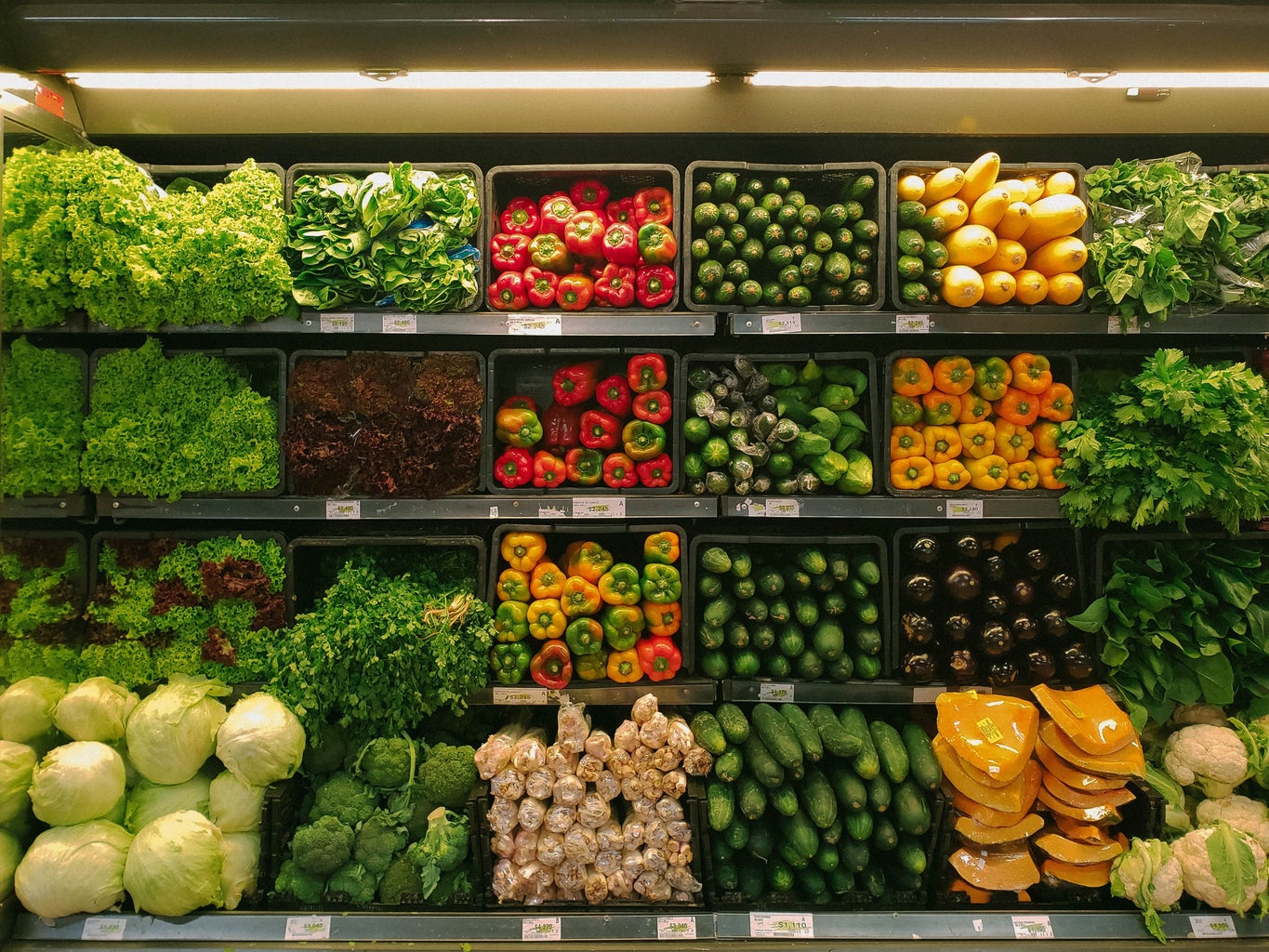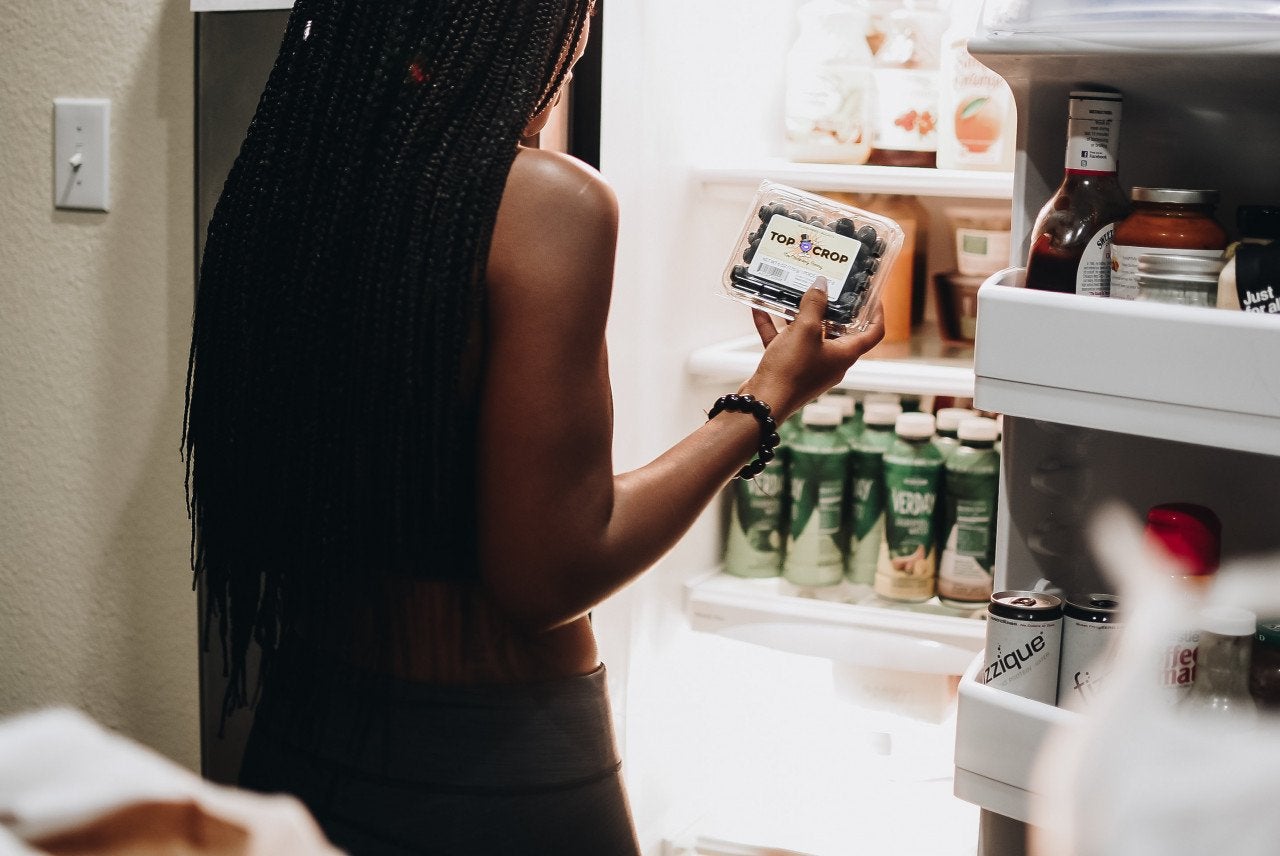If you’re asking this question, I assume that you’re more or less comfortable with cooking but find it a bit troublesome to prepare meals (or “meal prep”) for yourself — not everyone has the energy to commit to making cute bento boxes or colourful salads that food bloggers cook up on a daily basis.
However, in the longer run, meal prep can actually save time and money, since you don’t need to keep making decisions on what to eat; it also likely leads to healthier meals as you have control over the salt, sugar and oil contents. If you’re keen to try out meal prep, here are some tips to get you started:
Start small
Habits take time to change; it’s unlikely you’ll turn to eating only home-cooked food just overnight. Start by replacing one meal a day, or a certain number of meals a week, with food that you prepare for yourself. An achievable goal like this is less daunting and helps you get started more easily. You can also experiment with how much time you actually have to cook food, and adjust your meal prep plans accordingly.
For those less experienced with cooking, try learning a handful of simple recipes first, which can become your staples and require less energy to make. For chicken breast enthusiasts, for example, mastering the art of a juicy, flavourful oven-baked chicken breast will secure you an enjoyable source of healthy protein. With time, you’ll get to add on or make changes to the simple recipes to your liking.
Fixed shopping list
Have a game plan when you go grocery shopping, so you don’t get too overwhelmed by the variety of choices at the supermarket. If you don’t have a clear idea about what to eat in the upcoming days yet, try the “Rule of 3’s” guide, suggested by fitness and nutrition coach Laurie Christine King: Pick 3 proteins, 3 carbohydrates, 3 fats, 3 vegetables and 3 fruits. This should give you ample material to work with for a couple of days.
Set aside time to cook
Whether you want to cook a day’s meals the night before, or a week’s worth of food in one afternoon, remember to set aside time so that you actually get around to doing it. Make it less tedious by choosing a podcast you can listen to, or even getting your family or friends to join you.
Store perishable ingredients in visible sections of the fridge
Storage is an important consideration for meal prep — buying ingredients in bulk might not always be a good idea, as some foods can go bad easily; not to mention, it’s also common to forget about things in the fridge.
While some fridges have dedicated drawers for fruits, vegetables or fresh meats, I find it helpful to store perishable produce in the most visible sections of my fridge. That way, I’m reminded of what I need to cook and eat in the upcoming days.
If you cook a huge batch of food all at once, be sure to store it in an airtight container and label it with an expected “expiry date”, or the date that you made it, to help you keep track of how soon you should finish the container. See this webpage for a guide to cold food storage.
Frozen food is okay too
Frozen foods tend to get a bad reputation for their “loss of nutrients”, but that’s not totally true. While fruits and vegetables are ideally eaten as fresh as possible, their frozen counterparts have good nutritional value too, and a much longer storage life. So if you’re short on time, frozen food can be a good option because it takes just a few minutes to heat up on the stovetop, or in the microwave, before you carry it out for lunch.
Include your favourite foods
Meal prep is often equated to dieting, but it doesn’t have to be. In my opinion, it’s just a more mindful (and therefore likely healthier) way of getting food. You don’t need to exclude your favourite foods; in fact, you can learn to make them yourself. Pack a nice snack in your lunchbox if you want. Moderation is key. If you don’t even enjoy your prepped meals, it’ll be much harder to stay in the habit.
A lot of food bloggers have provided good tips and tricks to meal prep, but they may not always apply to those of us who have a unique palate or who have limited access to certain ingredients. In that case, it’s unnecessary to try to replicate what others are doing, but better to experiment, within our own means and contexts, how meal prep can be done.




